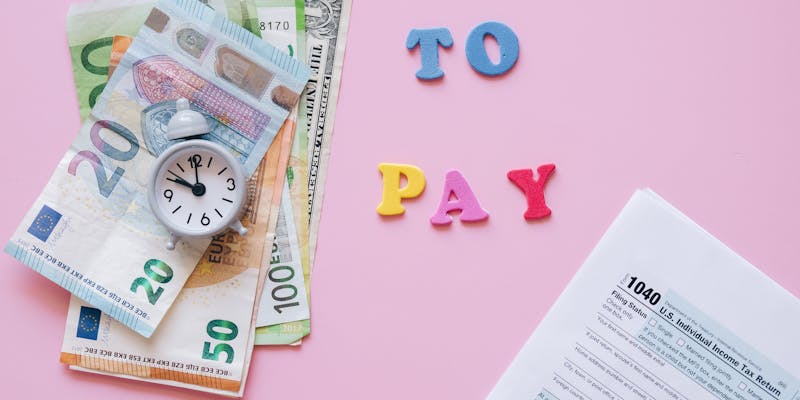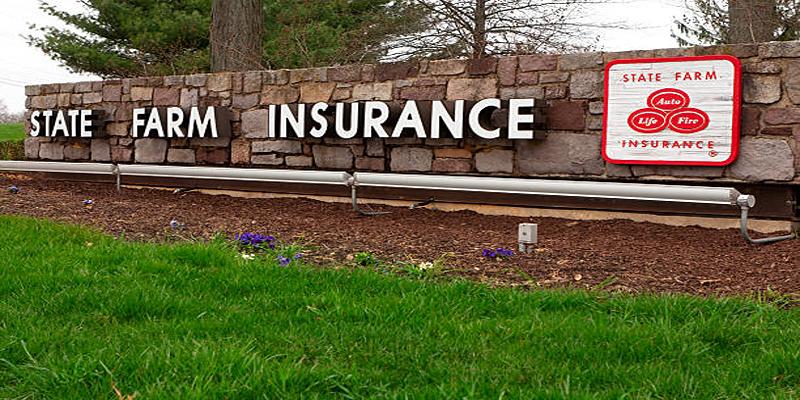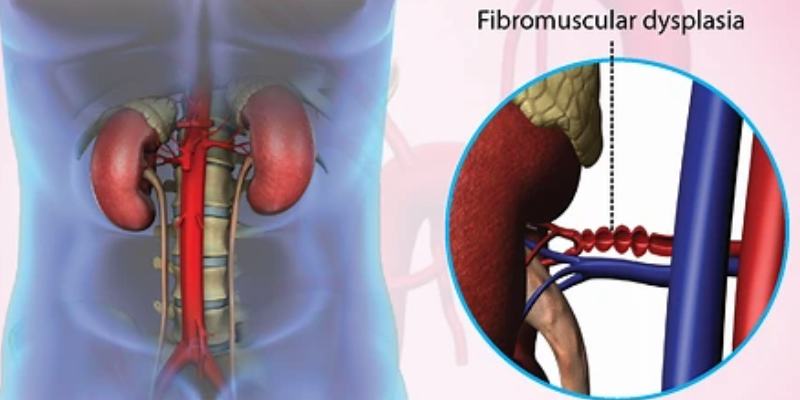Parsonage Allowance Explained: What It Means and How Clergy Can Qualify?
For decades, the parsonage allowance has been a big tax favor for ministers and other clergymen, who save a considerable amount on the expense of housing. Yet, while it is well known within religious circles, many people do not know what the allowance covers, how it can be used, or who is eligible. The parsonage allowance is essentially a minister's income that is exempt from taxation, just as any other income, as long as it is used for housing. Because of the unique tax implications that frequently go along with religious work, this provision can make a considerable difference in the financial planning and tax preparation of clergy and ministers.

In this article, we'll look into what the parsonage allowance means, who's eligible for it, and what clergy members should know to make the most of this tax break. In addition to this, we'll examine some of the common situations where this allowance may apply and explain how to guarantee that you're in compliance with IRS rules to avoid any issues later on.
What is the Parsonage Allowance?
The parsonage allowance, or clergy housing allowance, is a tax benefit granting the exemption of the portion of a minister or other religious worker's income that is to be used for housing from federal income taxes. It is allowed for expenses for a home provided for a minister (parsonage) or for a minister's home owned or rented.
In the U.S. tax code, the parsonage allowance is a way for the IRS to relieve ministers of some of the tax burdens of clergy work, taking into account the unique nature of that work. If properly documented and designated by the religious organization, this allowance will include such things as mortgage payments and rent, utilities, and even furnishings. But remember, there are important differences: the allowance is only for income tax exclusion and doesn't leave the amount exempt from Social Security or Medicare taxes.
For clergy members, it is important to understand how this allowance works and its limitations. The IRS can create problems if you misunderstand or report something incorrectly, which is why it's important to keep good records and follow IRS rules about what counts as legitimate housing expenses.
Who Qualifies for the Parsonage Allowance?
The parsonage allowance is primarily designed for ordained, licensed, or commissioned ministers and other religious workers who perform specific duties. Generally, to qualify for the allowance, the individual must be performing services that the IRS recognizes as "ministerial," which typically include:

- Conducting worship services or religious ceremonies
- Teaching or preaching religious doctrines
- Providing spiritual guidance or pastoral care
These services arent limited to ministers of churches. Rabbis, imams, priests, and other clergy members across various religions may qualify as long as they fulfill duties considered essential to their religious mission.
Its also necessary for the religious organization (such as a church or temple) to officially designate a portion of the ministers income as a housing allowance before the payment is made. This means that a verbal agreement isnt sufficient; it must be in writing, whether in a formal contract, board minutes, or a resolution. Without this official designation, the IRS wont recognize the parsonage allowance, potentially leading to tax issues for the clergy member.
Qualifying Expenses Covered by the Parsonage Allowance
One of the key advantages of the parsonage allowance is its flexibility in covering various housing-related costs. The IRS has specific guidelines on what types of expenses can be excluded from income tax under the allowance. Here are some common qualifying expenses:
Mortgage Payments or Rent: A minister can exclude either the rental payment for a property or the mortgage payment (including principal and interest) if they own the property.
Utilities: This includes costs for electricity, gas, water, trash, and even internet service, as these are directly related to maintaining a residence.
Property Taxes and Insurance: Homeowners insurance and property tax payments qualify, adding an additional tax-saving layer for clergy who own their homes.
Home Maintenance and Repairs: Expenses that maintain the homes conditionlike landscaping, plumbing repairs, or minor structural updatesare also covered. Major renovations, however, may not qualify under IRS rules.
Furnishings and Appliances: Items necessary to make the home livable, including furniture, major appliances, and possibly home security systems, can be counted toward the allowance.
How to Maximize and Comply with the Parsonage Allowance?
To maximize the benefits of the parsonage allowance, clergy members should work closely with their religious organizations and possibly a tax professional.
Proper Documentation: The allowance must be designated in writing, either by a church board or through an employment agreement, before any related expenses are incurred. Retain all receipts, contracts, and statements for verification.
Estimate Accurately: When a church designates the allowance, it should reflect realistic annual housing expenses. Overestimating could lead to unqualified portions of the allowance being taxed, so its best to review past expenses and plan for possible fluctuations.

Track Actual Expenses: Keep meticulous records of each qualifying housing expense throughout the year. Any amount of the allowance not used for housing must be reported as taxable income, making precise tracking essential for tax filing.
Understand IRS Audits and Adjustments: In case of an audit, the IRS may scrutinize the claimed housing expenses, making proper record-keeping and accurate reporting critical. Working with a tax professional familiar with clergy tax regulations can help reduce the risk of errors.
Seek Guidance on Social Security and Medicare Tax: While the parsonage allowance offers relief on federal income taxes, it does not affect Social Security and Medicare tax obligations. Ministers should factor this into their financial planning to avoid unexpected liabilities.
Conclusion
The parsonage allowance is a valuable tax benefit for clergy, designed to make housing more affordable while acknowledging the unique financial circumstances that come with ministerial work. Understanding how to qualify for the allowance, what expenses can be covered, and how to document these expenses is essential for clergy members who want to take full advantage of this benefit.












